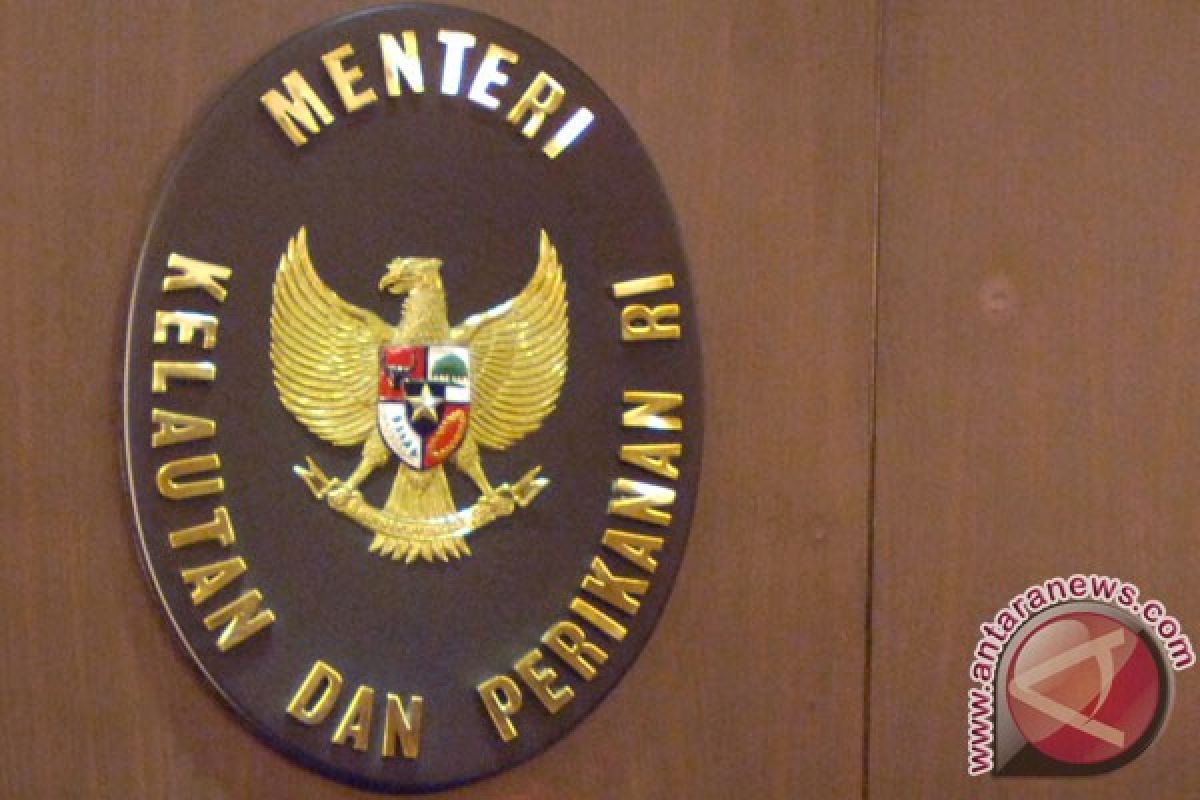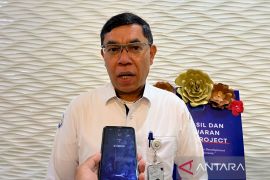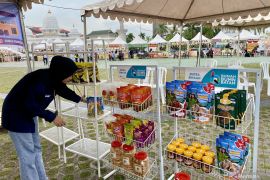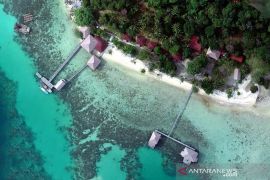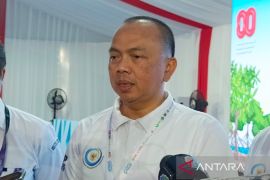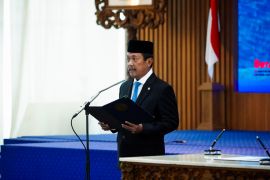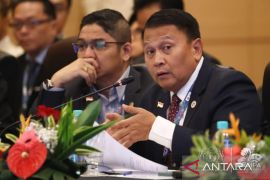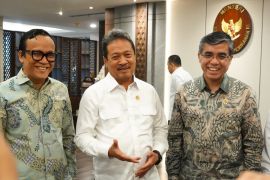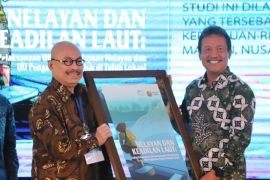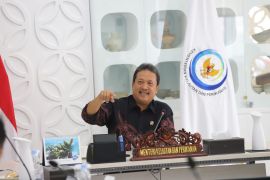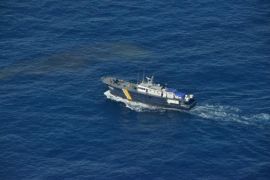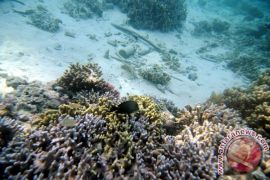"Through the blue economy of aquaculture, we will be able to open more job opportunities for people and change poverty into prosperity, as the conventional economic system is not able to implement the essential concepts of sustainable development," Director General of Aquaculture at the Ministry of Maritime Affairs and Fisheries Slamet Soebjakto noted in a statement received by Antara here, Sunday.
According to Slamet, the blue economic system will boost aquaculture management efficiently through creativity and technological innovation, thus encouraging sustainable industrialization of marine and fisheries potentials with an environmentally friendly and efficient approach.
The application of blue economy will be simultaneously addressing food vulnerability as the concept increases fish production and contributes to foreign exchange by increasing volume and export value of aquaculture commodities.
"In principle, blue economy is not only environmentally friendly but also generates multiple cash flow and economic benefits. In addition, blue economy can empower people through inclusive social employment," he explained.
Slamet pointed out that the current challenge for aquaculture is how to meet the global food demands amid environmental degradation due to global climate change.
Data obtained from FAO indicate that by 2050, the world`s population will reach 9.7 billion people, and this condition requires sustainable food sufficiency.
On the other hand, the FAO also forecasts that until 2030, the contribution of aquaculture to meet the world demands in fisheries is estimated to reach 58 percent.
"The application of blue economy of aquaculture plays an important role in the national development and is expected to become the main base in building national food self-sufficiency and resilience, as well as an accelerator of economic growth and community empowerment," he explained.
Earlier, Chair of the Indonesian Farmers Association Fadli Zon had stressed the importance of data amnesty in a bid to realize national food sovereignty.
According to Zon, without data consolidation, the formulation of food policies could not be completed correctly. Data chaos is indicated by the differences found among the different agencies and institutions.
Reporting by Muhammad Razi Rahman
Editing by Libertina W Ambar. Fardah Assegafi
Reporter: Antara
Editor: Suharto
Copyright © ANTARA 2018
